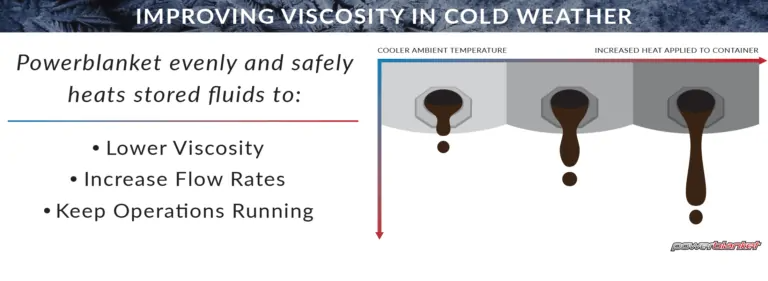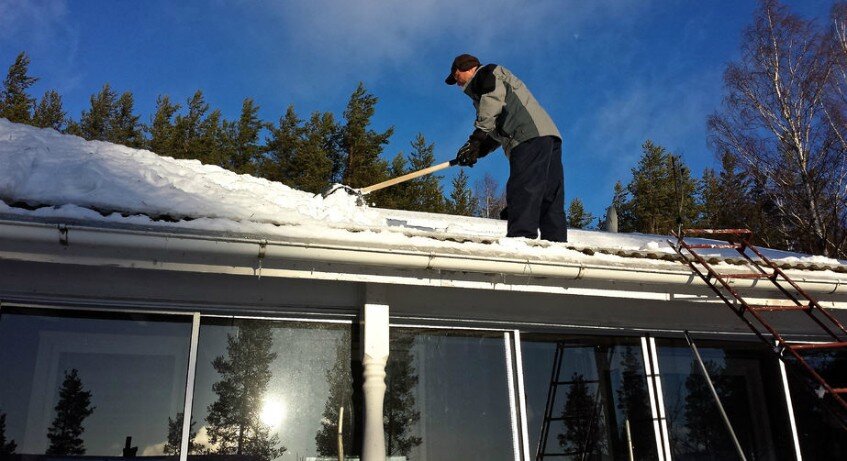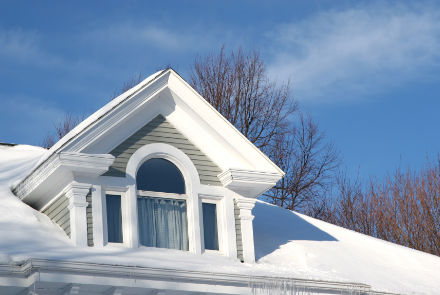Thinking about reroofing your home during the winter months? Before you make a decision, it’s important to weigh the pros and cons. While winter may seem like an unconventional time for such a project, there are certain advantages to consider, such as reduced wait times and potential cost savings. However, there are also drawbacks to be mindful of, such as weather-related challenges and potential issues with the roofing materials. In this article, we will explore the pros and cons of reroofing in winter to help you make an informed decision about the best time to tackle this important home improvement project. So, grab a cup of hot cocoa, get cozy, and let’s dive into the fascinating world of winter reroofing!

Advantages of Reroofing in Winter
Lower Costs
Reroofing in winter can often lead to lower costs compared to other seasons. One of the primary reasons for this is reduced material costs. During the winter months, roofing materials suppliers may offer discounts or promotions to stimulate demand. As a result, you have the opportunity to purchase roofing materials at a lower price, which can significantly impact the overall cost of your roofing project.
Additionally, labor costs may also be lower during the winter season. Roofing contractors may have fewer projects during this time, leading to decreased demand for their services. With reduced competition for their time and resources, contractors may be more willing to offer discounted labor rates to secure work during the winter months. This presents a favorable opportunity for you to save money on your reroofing project.
Faster Completion
Another advantage of reroofing in winter is the potential for faster completion of your project. Roofing contractors generally have more availability during the winter months due to a decrease in demand. This means that you may experience shorter wait times for scheduling your project and quicker project completion overall.
With fewer roofing projects competing for the attention of contractors, they can dedicate more time and resources to your reroofing job. This increased focus can result in a more efficient and expedited timeline for completing your roof replacement. If time is of the essence for your roofing needs, reroofing in winter could be the optimal choice for you.
Availability of Roofing Contractors
As mentioned before, the winter season tends to have decreased demand for roofing services. This decrease in demand creates an advantage for homeowners seeking to reroof during this time. With fewer projects on their plate, roofing contractors may have more availability for your roofing needs.
During busier seasons, such as spring and summer, roofing contractors may have packed schedules and limited availability. This can result in delayed project start dates and longer wait times to secure a contractor. However, in winter, you may have the luxury of choosing from various roofing contractors who are readily available and able to start your project sooner.
Opportunity for Negotiation
Reroofing in winter can present an excellent opportunity for negotiation. With reduced demand and increased contractor availability, you may have more leverage when it comes to negotiating the terms and pricing of your roofing project.
Roofing contractors, eager to secure work during the slower winter months, may be more open to offering competitive pricing, additional services, or flexible payment plans. This negotiation advantage allows you to potentially save money or enhance the value of your reroofing project. By discussing your budget and expectations with roofing contractors, you can explore mutually beneficial options that cater to your specific needs.

Disadvantages of Reroofing in Winter
Weather Conditions
The weather conditions during winter can pose challenges for reroofing projects. Cold temperatures, snow, and ice can make the roofing process more difficult and potentially dangerous. These conditions can affect the adhesion and installation of roofing materials, leading to subpar results and potential damage.
Additionally, heavy snowfall or freezing temperatures may delay or postpone the roofing project altogether. Roofing contractors must assess the weather conditions carefully to ensure safe working conditions and optimal installation. It’s essential to consider the potential impact of winter weather on your reroofing timeline before proceeding with the project.
Limited Daylight Hours
Winter months are characterized by shorter daylight hours, which can affect the progress of your reroofing project. With limited daylight, roofing contractors may have less time to work efficiently and complete the project within a standard workday. This factor can extend the overall duration of your roofing project, leading to potential inconvenience and prolonged exposure to roofing issues.
Furthermore, insufficient natural light can impact the quality of workmanship during the installation process. Contractors may have difficulty clearly seeing details and ensuring precise installation, potentially increasing the risk for errors or substandard results. It’s imperative to plan and consider the impact of limited daylight hours on your reroofing project to avoid any unwanted complications.
Potential Roofing Material Issues
Certain roofing materials may be more prone to issues and limitations during winter conditions. For example, asphalt shingles can become brittle in cold temperatures, making them more susceptible to cracking or breaking during installation. This can compromise the integrity of the roofing system and necessitate additional repairs or replacements.
Other materials, such as metal or synthetic roofing options, may require special installation techniques or protective measures when working in colder temperatures. Contractors may need to use additional equipment or take extra precautions to ensure the successful installation of these materials. Understanding the specific characteristics and requirements of your chosen roofing material is crucial when considering a winter reroofing project.
Safety Concerns
Safety should always be a top priority during any roofing project, and reroofing in winter brings its own unique safety concerns. Snow and ice accumulation on the roof can create slippery conditions, posing a risk of falls and injuries for both contractors and homeowners. Contractors must take extra precautions to ensure their safety when working in these conditions.
Additionally, severe winter weather, such as heavy snowstorms or icy conditions, can make it challenging to access and maneuver around the roofing area safely. Equipment and materials may need to be transported carefully, and protective measures must be in place to prevent accidents. It’s essential to communicate with your roofing contractor about their safety protocols and ensure they are adequately prepared to address these winter-specific safety concerns.

Factors to Consider
Climate and Weather
One of the primary factors to consider when deciding whether to reroof in winter is the climate and weather conditions of your area. Regions that experience extremely cold temperatures, frequent snowfall, or prolonged ice accumulation may not be ideal for winter reroofing projects. On the other hand, regions with milder winters or more stable weather patterns may offer more favorable conditions for reroofing.
Understanding the typical winter weather patterns in your area can help you gauge the potential challenges and risks associated with reroofing during this season. Consult with local roofing contractors or experts to obtain their insights on whether a winter reroofing project is feasible and advisable for your specific location.
Roofing Materials
The type of roofing material you choose can also play a significant role in determining the viability of a winter reroofing project. Some materials, like asphalt shingles, may be more susceptible to cold temperatures and require special considerations during installation.
Research the specific requirements and limitations of your chosen roofing material regarding winter conditions. Understand how the material performs in colder temperatures, whether any additional precautions are necessary, and if it has a history of successful installations during winter seasons. This knowledge will help you make an informed decision about the suitability of your selected material for a winter reroofing project.
Budget
Your budget is a crucial factor to consider when contemplating a winter reroofing project. While the potential cost savings and negotiation opportunities mentioned earlier can be enticing, it’s essential to assess whether the financial investment aligns with your overall budget and financial capabilities.
Take into account the costs associated with any potential material issues, safety precautions, and any additional measures that may be required due to winter conditions. Consult with multiple roofing contractors to obtain accurate cost estimates and compare them against your budgetary constraints. Remember to factor in the potential risks and complications that can arise from reroofing in winter to determine if the financial investment outweighs the benefits.
Timing and Urgency
The urgency and timing of your reroofing needs should also be considered when contemplating a winter project. Assess the condition of your existing roof and determine the urgency of the replacement. If the roof is already compromised or at risk of further damage, waiting until warmer months may not be a viable option.
On the other hand, if the roof is still relatively functional, you may have the flexibility to explore alternative temporary repairs until the warmer seasons. Consider the potential consequences of delaying your reroofing project, such as increased energy costs, compromised insulation, or further structural damage. Evaluating the urgency of your roofing needs can help guide your decision on whether to proceed with a winter reroofing project or explore other options.
In conclusion, reroofing in winter offers advantages such as lower costs, faster completion, increased availability of roofing contractors, and opportunities for negotiation. However, it also poses challenges related to weather conditions, limited daylight hours, potential material issues, and safety concerns. Factors such as climate and weather, roofing materials, budget, and timing/urgency should be carefully considered to determine if reroofing in winter is the right choice for your specific situation. Consulting with roofing experts and obtaining multiple quotes and opinions can provide valuable insights to help you make an informed decision.
